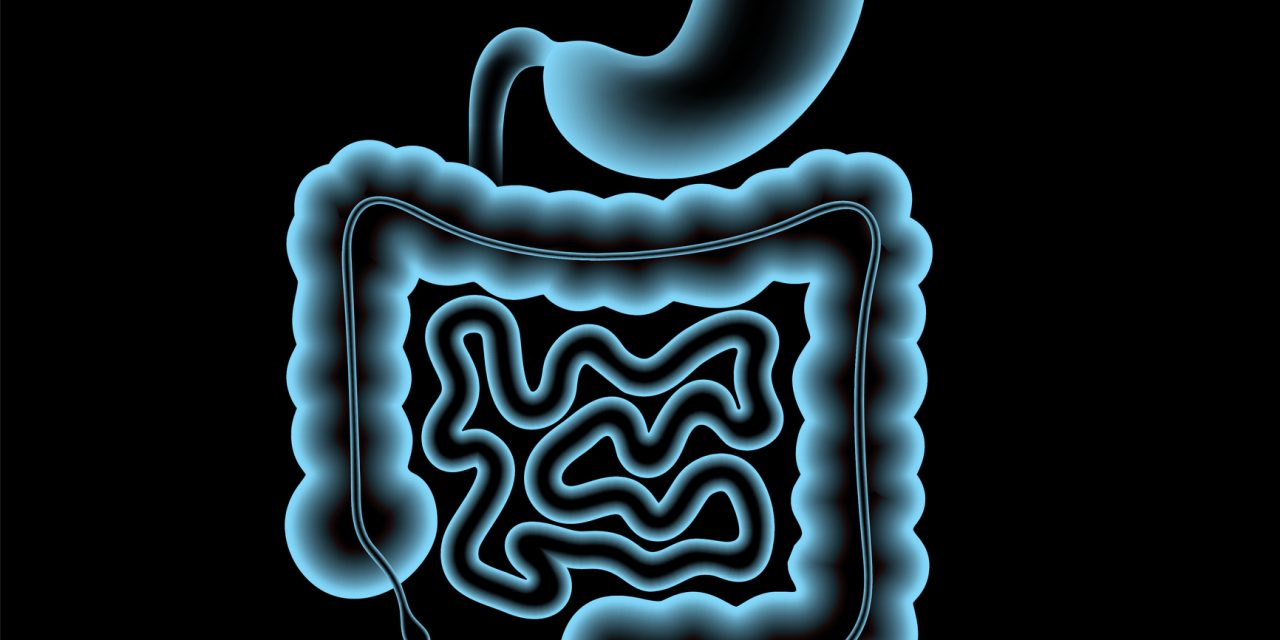Ulcerative colitis (UC) is a relapsing inflammatory disease that still demands for effective remedies due to the various adverse effects of the current principal treatments. Centella asiatica is a traditional medical herb with long application history in anti-inflammation.
To explore the anti-inflammatory effect and possible mechanism of C. asiatica ethanol extract (CA) in a murine colitis model induced by dextran sulfate sodium (DSS).
CA was analyzed by high performance liquid chromatograph (HPLC). The colitis model was induced by free access to 3% DSS in distilled water for 7 days. CA (100, 200, and 400 mg/kg) and 5-aminosalicylic acid (5-ASA, 200 mg/kg) were administrated by gavage during the 7-day DSS challenge. At the end of experiment, mice were sacrificed and the brain, colon and cecum contents were harvested for analysis. Colitis was evaluated by disease activity index (DAI), colon length and colon lesion macroscopic score with hematoxylin-eosin staining. Myeloperoxidase (MPO) activity in colon and 5-hydroxytryptamine (5-HT) in brain were determined by ELISA. Tight junction protein expressions (ZO-1, E-Cadherin, Claudin-1) and c-Kit in colon were assessed by western blot and immunohistochemistry, respectively. Microbiota of cecum content was analyzed by 16S rRNA sequencing.
Data showed that with recovery on the colon length and histological structure, CA prominently decreased DAI and macroscopic score for lesion in the suffering mice. CA relieved the colitis by suppressing inflammatory cell infiltration with decreased MPO activity in the colon, and up-regulated the expression of tight junction protein (ZO-1, E-cadherin) to enhance the permeability of intestinal mucosa. Moreover, CA restored intestinal motility by promoting c-Kit expression in the colon and 5-HT in the brain. Moreover, CA was able to reshape the gut microbiota in the suffering mice. It increased the α-diversity and shifted the community by depleting the colitis-associated genera, Helicobacter, Jeotgalicoccus and Staphylococcus, with impact on several metabolism signaling pathways, which possibly contribute to the renovation on the impaired intestinal mucosal barrier.
The anti-inflammatory activity of CA in the DSS-induced colitis model highlights a promising application of C. asiatica in the clinical treatment of UC.
Copyright © 2020 Elsevier B.V. All rights reserved.
Ethanol extract of Centella asiatica alleviated dextran sulfate sodium-induced colitis via restoration on mucosa barrier and gut microbiota homeostasis.


